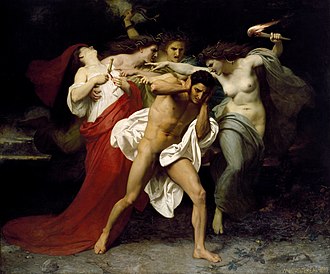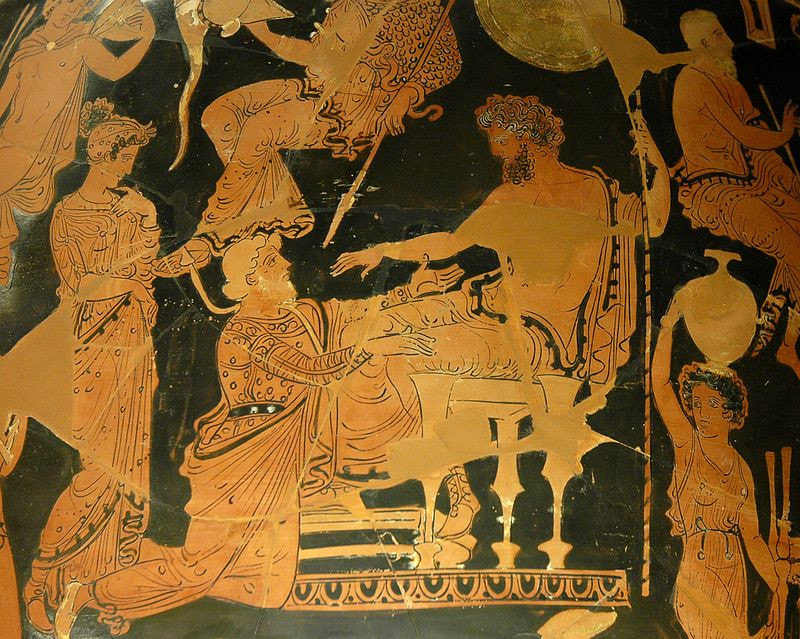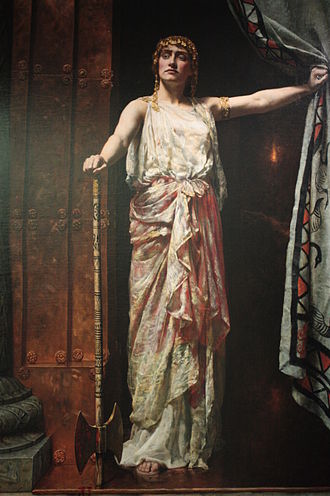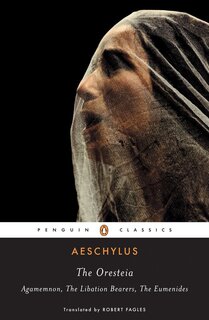The Oresteia Characters
The Oresteia is a book containing three plays following the lives of one family and the spiral of revenge they go on. The patriarch of the family is Agamemnon who is just returning from the Trojan War at the start of the book. The matriarch is Clytemnestra, who is definitely not mad at her husband for something he did before he left. Last but not least their son Orestes, who has to decide how to handle revenge when something befalls his father. He does have a sister, Electra, but she honestly is only there to convince Orestes to do one thing then she disappears from the rest of the book. So...moving on. Each play has a new chorus, a group of people to help the audience what is going on. The first is a group of men from the city, then it's slave women from the house (and honestly Electra does just as much, if not less than them, so she could count) and the last is the Furies.




 RSS Feed
RSS Feed
